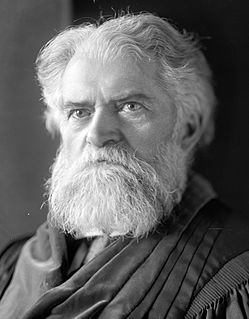Top 39 Quotes & Sayings by Simon Newcomb
Explore popular quotes and sayings by a Canadian mathematician Simon Newcomb.
Last updated on April 18, 2025.
Aerial flight is one of that class of problems with which man will never be able to cope. . . . The example of the bird does not prove that man can fly. Imagine the proud possessor of the aeroplane darting through the air at a speed of several hundred feet per second. It is the speed alone that sustains him. How is he ever going to stop?
The mathematician of to-day admits that he can neither square the circle, duplicate the cube or trisect the angle. May not our mechanicians, in like manner, be ultimately forced to admit that aerial flight is one of that great class of problems with which men can never cope... I do not claim that this is a necessary conclusion from any past experience. But I do think that success must await progress of a different kind from that of invention.























